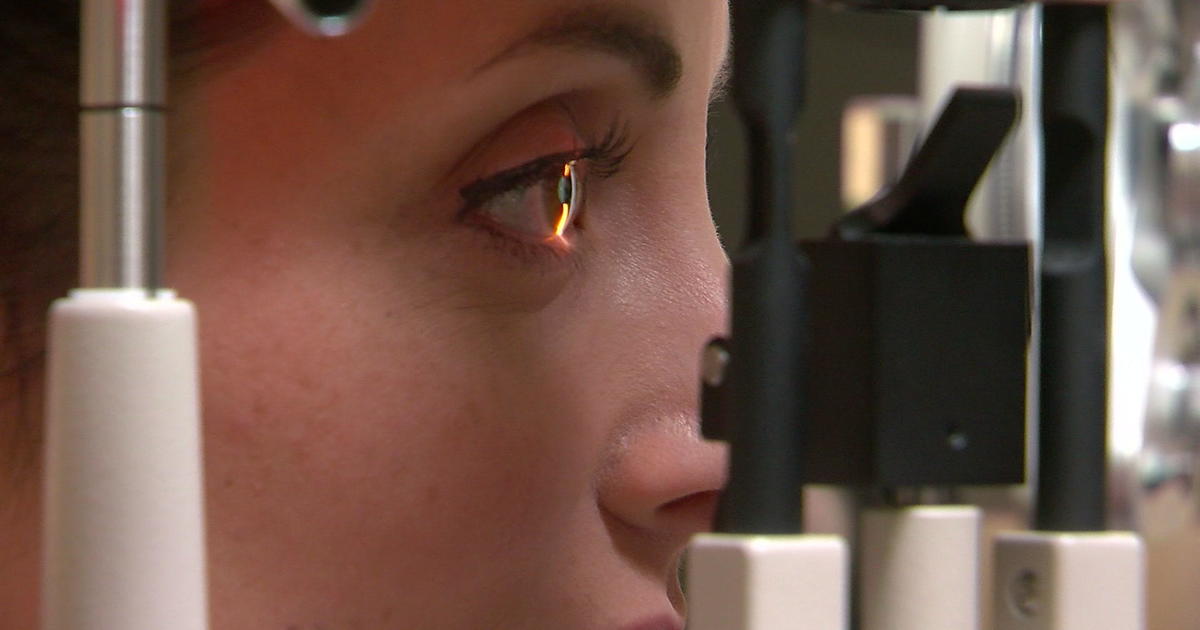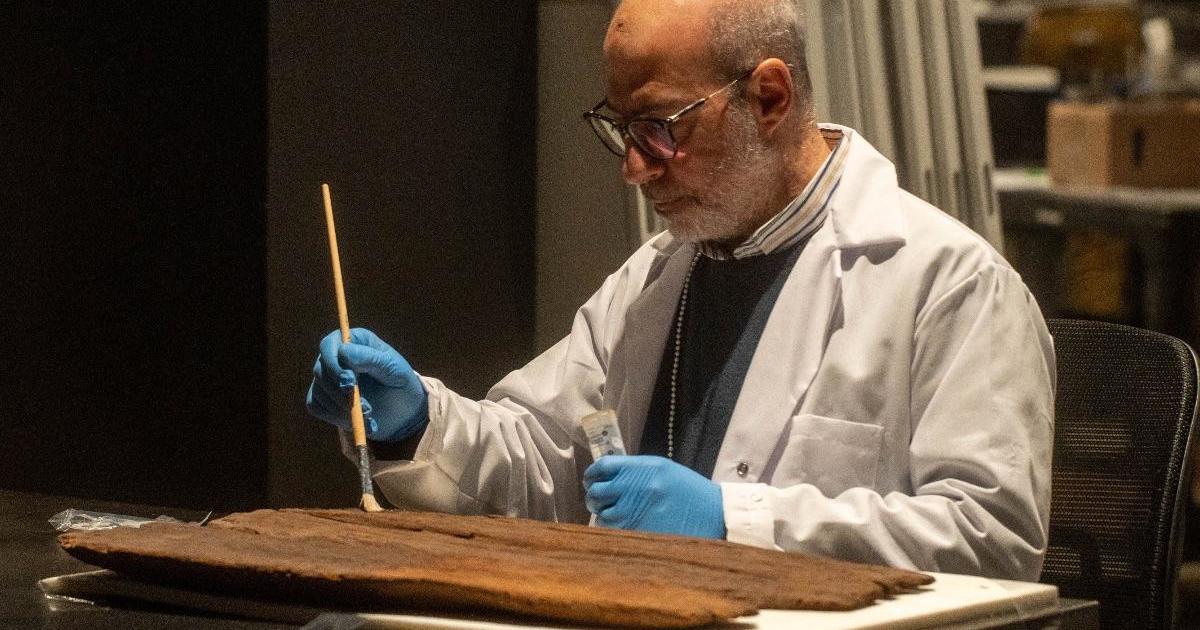New Study Strikes Troubling Tone For Boys & Body Image
PITTSBURGH (KDKA) -- For years, young women worried about staying waif thin; for some, to the point of anorexia.
Now, there's a trend for young boys to want the kind of muscle tone you see on the big screen. But a new study on boys' body image is striking a troubling tone.
Long, lean muscle - not for nothing was Channing Tatum chosen People Magazine's "Sexiest Man Alive" this year.
But it's not just girls and who are paying attention to the sculpted six-packs; boys are getting into body image in a big way.
"And now, the new thing is to have defined tone and muscle," says Dr. Dana Rofey, Ph.D., and Director of Children's Hospital's Weight Management and Wellness Center.
Pitt Physical Science Major, Luke Gilliland isn't surprised, "I see it in the gym, people want to look fit because that's kinda like the hot thing."
But boys taking shortcuts to get buff may be looking at trouble.
In a study published in the journal "Pediatrics," 40 percent of boys in middle and high school say they regularly exercise, not for health, but to increase muscle mass; 38 percent take protein supplements; and almost six percent admit to experimenting with illegal steroids.
Pediatricians are worried about the trend.
"One is we don't assess for it enough, not only as professionals, but also as parents," says Dr. Rofey.
Many boys view supplements as the new fad diet, but even high-quality protein supplements are not regulated the same way drugs are.
And cautionary tales about athletes and anabolic steroid use and the physical price they've paid have been around for a while.
"There are long term, you know, medical consequences that these young kids aren't thinking about," Dr. Rofey adds.
Bodybuilding websites boast regimens like "Unlock Your Muscle Growth," plus offer online supplements. On others like "Fitspiration," young guys post their fitness workout schedules and the results.
The fact is, looking like "Twilight" hunk Taylor Lautner may have more to do with genetics. So getting our kids to accept their own healthy bodies is critical.
"There's a certain degree by which they can change, but I always say be realistic and not idealistic," says Dr. Rofey.
Guys like George Vassilaros, crossing Pitt's campus, agree. He thinks most body image obsessions fade with age.
"I'm 22, this is what I am," he says. "This is just what they're going to have to accept."
RELATED LINKS:
More Health News
More Reports from Mary Robb Jackon



